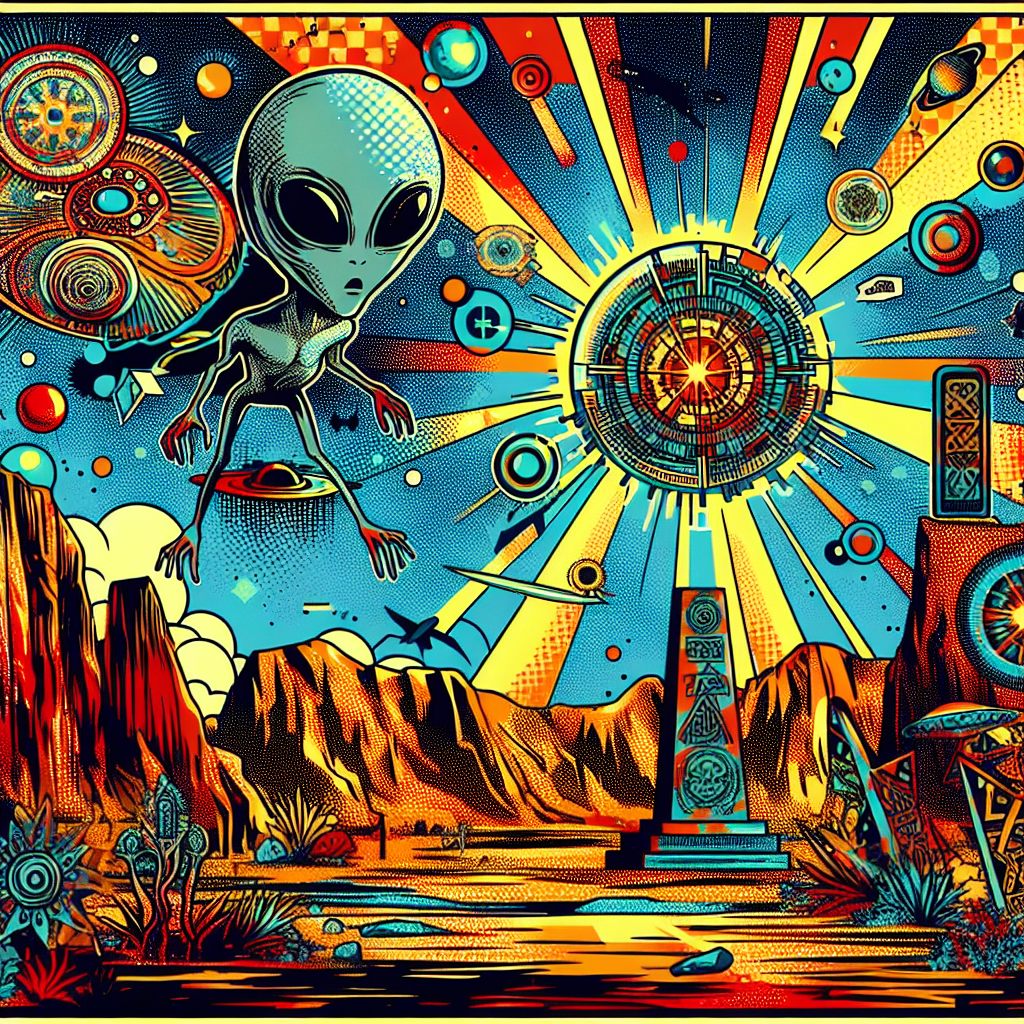The possibility of discovering evidence of ancient alien civilizations is a tantalizing prospect that has captured the imagination of scientists and the general public alike. If we were to stumble upon such evidence, it would be a groundbreaking finding that would challenge our current understanding of the universe and our place within it.
First, let's consider the likelihood of finding evidence of ancient alien civilizations. The universe is vast, with an estimated 100-400 billion stars in the Milky Way galaxy alone, and over 100 billion galaxies in the observable universe. The probability of intelligent life emerging elsewhere in the universe is difficult to quantify, but the sheer scale of the universe suggests that it's not impossible. After all, the emergence of life on Earth was a complex process that required a unique set of circumstances, but it did happen.
Now, if we were to find evidence of ancient alien civilizations, it would likely involve the detection of technosignatures, which are signs of technology use that can be detected from afar. This could include radio signals, laser pulses, or even the detection of megastructures, such as Dyson spheres, which are hypothetical structures built around stars to harness their energy.
One way to approach the search for technosignatures is to listen for radio signals, similar to how we use radio telescopes to study celestial objects. However, we'd need to be extremely lucky to stumble upon a signal that's being transmitted directly towards us. Alternatively, we could search for leakage signals, which are unwanted radiation emitted by technology, similar to how our own television broadcasts leak into space.
Another approach is to search for the INDIRECT signs of technology use, such as the detection of excess heat or specific chemicals in the atmospheres of exoplanets. This method is often referred to as the "techno-metabolism" approach, as it's based on the idea that advanced civilizations would likely have a significant impact on their environment.
If we were to find evidence of ancient alien civilizations, it would raise more questions than answers. For instance, what would be the implications of discovering that we're not alone in the universe? Would it change our perspective on our place in the universe, or would we simply become more curious about the unknown?
In the likelihood that we do discover evidence of ancient alien civilizations, it's crucial to approach the finding with a healthy dose of skepticism. We'd need to rule out alternative explanations for the observed phenomenon, ensuring that the evidence is not a result of natural astrophysical processes or human error.
The discovery of ancient alien civilizations would also have significant implications for the Search for Extraterrestrial Intelligence (SETI) Institute. It would be a vindication of their efforts and a reaffirmation that the search for life beyond Earth is a worthwhile pursuit.
The possibility of discovering evidence of ancient alien civilizations also raises questions about the Fermi Paradox, which asks "Where is everybody?" given the probability of the existence of extraterrestrial civilizations. If we were to find evidence, it would suggest that advanced civilizations may self-destruct before they're able to communicate with us, or that they simply avoid making contact.
Ultimately, the discovery of ancient alien civilizations would be a profound moment in human history, challenging our current understanding of the universe and our place within it. It would require a multidisciplinary approach, involving astrobiologists, astrophysicists, and experts in the search for extraterrestrial intelligence to fully comprehend the implications of such a finding.
In conclusion, the discovery of ancient alien civilizations would be a groundbreaking finding that would open up new avenues of research and challenge our current understanding of the universe. It's a possibility that's both tantalizing and unsettling, forcing us to reevaluate our place in the grand scheme of things.

Popular Space Questions
Find answers to the trending space questions being asked by our community on social media.
- How many galaxies are there in the universe?
- How far is Pluto from Earth?
- How many planets are in the Milky Way?
- How many planets are in our solar system?
- What would happen if a rogue planet entered our solar system?
- What are the planets in order?
- How big is the universe?
- How big is the Earth?
- What if we found a way to manipulate gravity?
- How far is the Sun from Earth?